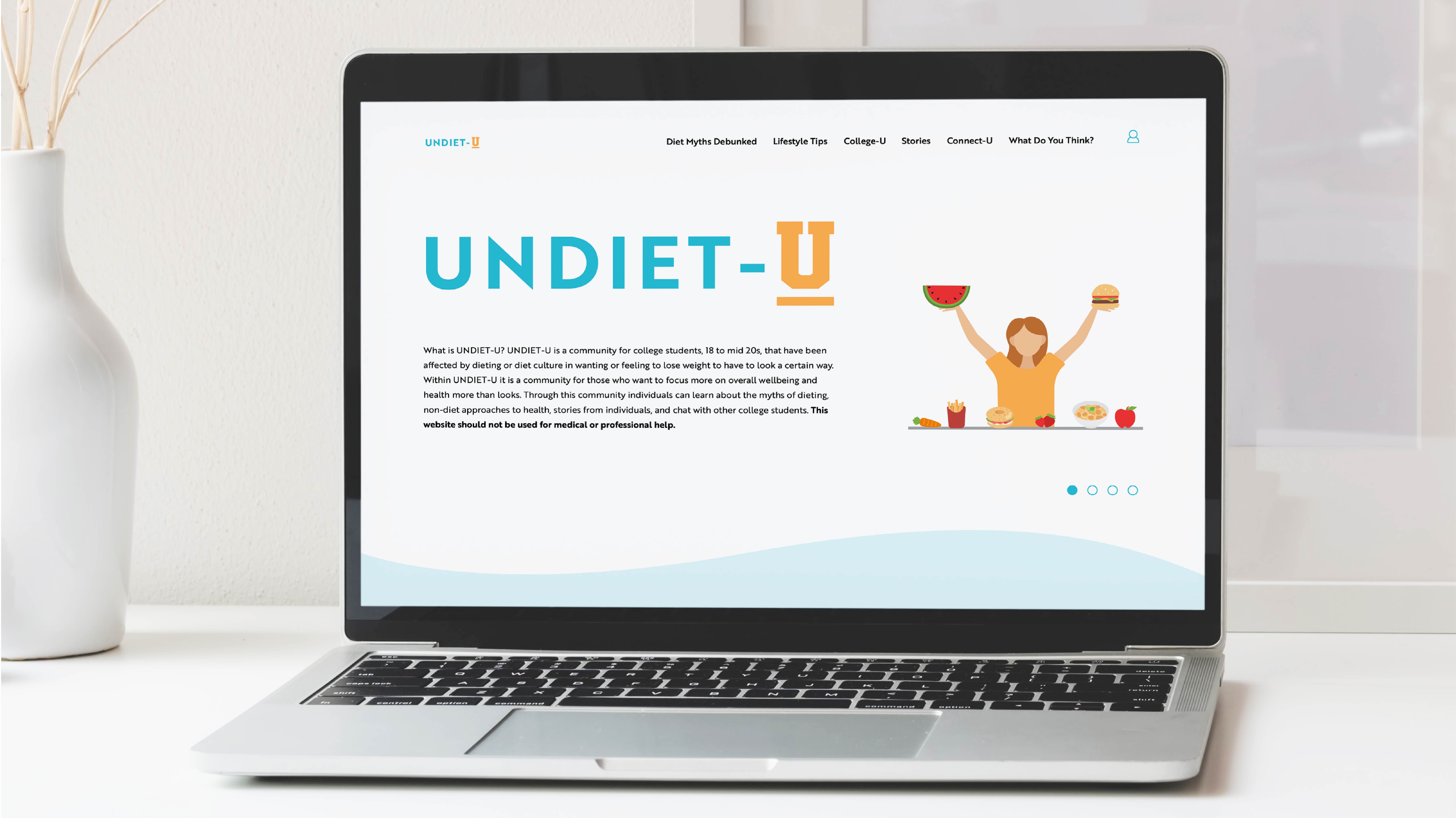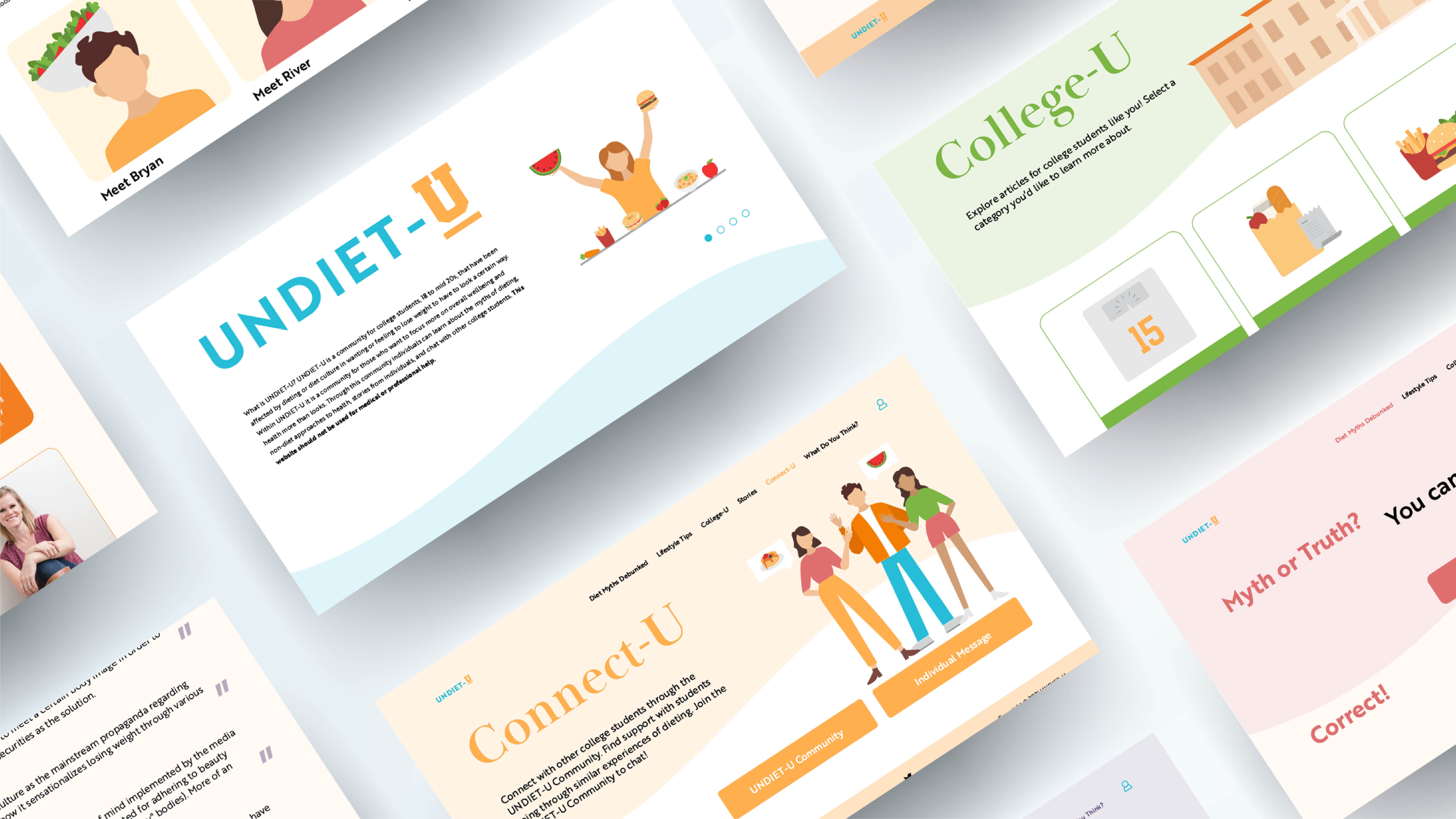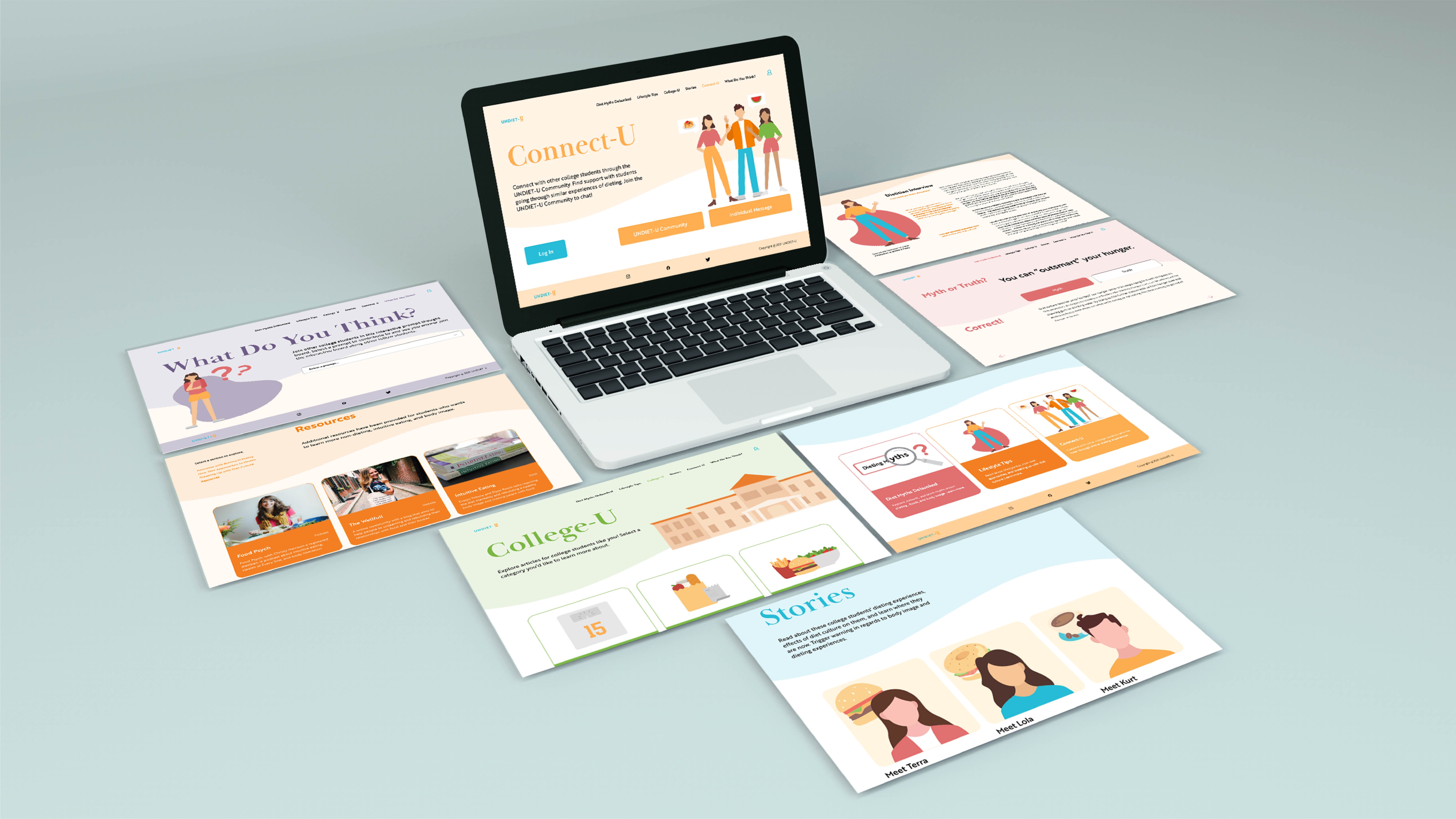
Christy Cheung

Abstract
Diet culture, we are surrounded on a daily basis. Influences of diet culture can be found through social media, work place, school, advertisements, the grocery market, and more. With young people it instills that they have to look thin to be “healthy” and “happy.” To obtain the ideal body fad diets are followed, significant calorie cutting, categorization of “good” and “bad food” and misleading information. Diet culture is a system that glorifies losing weight at all costs. This is a system of beliefs that associates and equates thinness with moral value, health, and demands that we devote our valuable time, money, and energy to the noble pursuit of weight loss. I personally have experienced the effects of diet culture itself in pursuit of wanting to be “thinner” and “happier”. With the pursuit of people who will do anything to pursue their “ideal” body we live in a society where the $66 billion diet industry is profiting off of these people. In recent years the idea of anti-diet has been growing. The concept of anti-diet is a concept that encourages people to stop idealizing weight loss and stop demonizing food. According to Lyndi Cohen, one of Australia’s most outspoken anti-diet advocates, “The anti-diet movement is about not being a victim of diet culture anymore.” Though the anti-diet culture does not mean anti-health because people with specific medical conditions may need a diet to help them. I believe that it is important to be aware of diet culture and its harms. Therefore I believe that it is important to be informed and implement lifestyle changes that focus on overall wellbeing and health rather than society’s ideal look. Through this thesis project and research, I will create a website that will communicate information about the effects of diet culture and ways one can implement lifestyle changes to focus on one’s health and wellbeing. Alongside I plan to include stories and experiences of dieting, this will allow people to connect. The information will be clear and concise for the audience to understand. The goal of this project is to create awareness that there is much more to life than conforming to society’s oppression to diet culture. One’s health and wellbeing should not be determined by their looks.

Thesis Advisors
Earl Gee: SJSU Graphic Design Professor
Yoon Chung Han: SJSU Graphic Design Professor
Brenna O’Malley: Registered Dietitian + Founder of The Wellful
Research Questions
1. How can diet culture have a negative impact on one’s health?
2. How can healthy lifestyle changes be promoted in favor of and better overall well being?
3. How can one dismantle their relationship with diet culture?

Outcome
Society has put a huge emphasis on diet culture, labeling or demonizing foods, and defining health based on looks. Instead society should put more emphasis on health and wellbeing to nourish ourselves properly. The goal of this project was to create an outcome that would connect the audience of all genders within a similar age that have been affected by dieting and to inform the audience with credible information of dieting/diet culture. Another goal of this project was to put emphasis and inform that one’s health and wellbeing is more important than just looks. The message to the audience and world would be do not let diet culture define your life, how you should eat, and look. Eat what makes you feel good, mentally and physically. Life is about balance and doing what makes you feel best. UNDIET-U it can be extended to become an app with additional features to provide more support and content for college students. Through UNDIET-U it aims to bring a different perspective in opposition to diet culture. It aims to bring awareness and emphasis on the importance of wellbeing and health in favor of dieting.